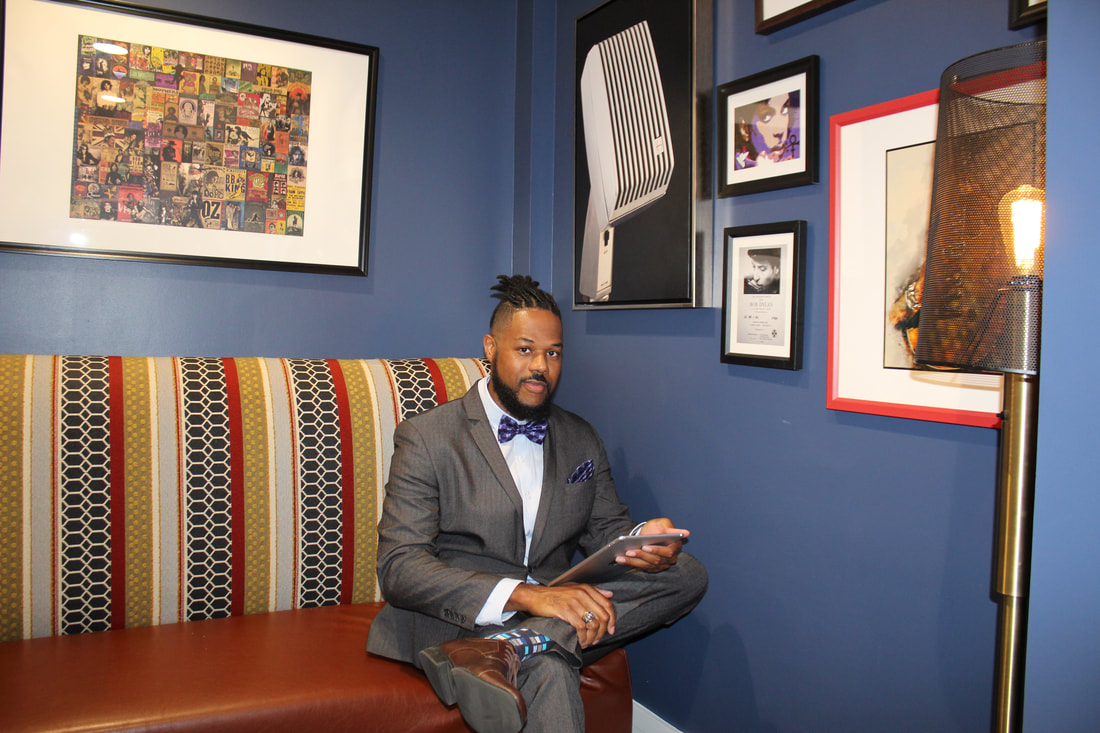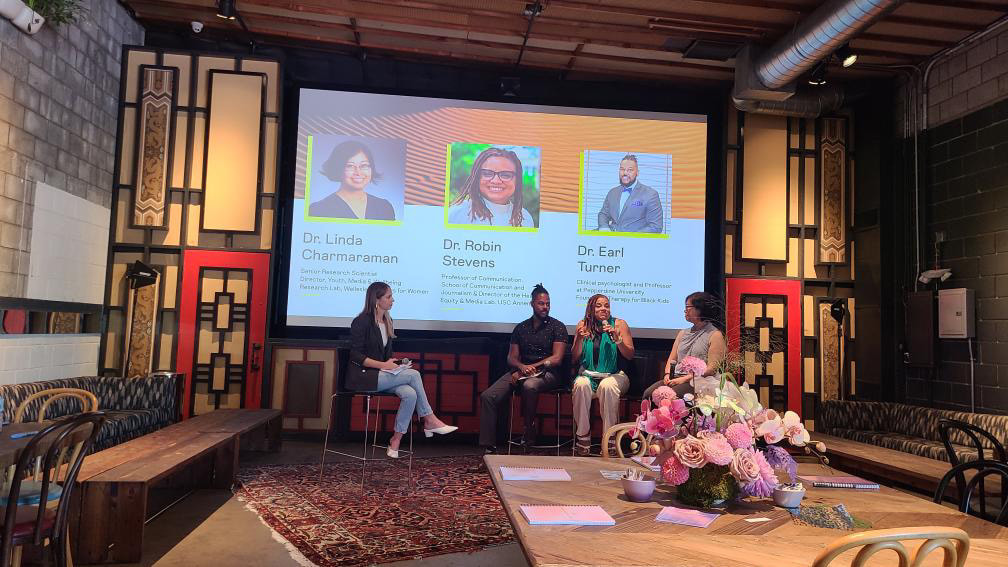 Almost everyone is on social media. Trends over time show that the use of social networking sites such as Instagram, TikTok, and Facebook has continued to increase (Turner et al., 2021). However, the reasons for this increased use vary by individuals—especially with regard to demographics. For millennials and older generations, the use of social media may be primarily for staying connected with family and updated on current events. On the other hand, teens may use these platforms for different reasons. For example, the Pew Research Center notes about 46 percent of teens say they use social media for socializing and staying connected. Additionally, approximately 68 percent of teens say that social media helps them feel like they have people that can support them through tough times, with only 9 percent reporting that social media has had a negative impact on them (Pew Research Center, 2022). Of those who report negative effects, 16 percent of Black teens, 22 percent of White teens, and 28 percent of Hispanic teens endorsed feeling worse about their own life. What the Research Says About Social Media Use A recent meta-analysis (Huang, 2022) found that problematic social media use was associated with distress (e.g., depression and loneliness). However, the majority of the studies currently focus on Facebook. One study that explicitly examined body image concerns found that females (84 percent) were more likely than males (16 percent) to report social media-related body dissatisfaction (Charmaraman et al., 2021). Additionally, teens in that study who endorsed body dissatisfaction endorsed checking their social media more often, experiencing symptoms of anxiety and depression, and spent most of their free time alone. It is clear that we need to better understand the nuances of social media use and how it impacts teens. The way that social media impacts teens’ mental health varies from person to person. One study noted that after passive social media use (i.e., scrolling your friends' content without direct exchanges) 46 percent reported feeling better, 10 percent reported feeling worse, and 44 percent reported not feeling better or worse (Beyens et al., 2020). According to the Pew Research Center, 59 percent of teens believe that social media has neither positive nor negative effects on them, while 32 percent say that social media is mostly positive. Clearly, the data is mixed and individual differences exist in how teens are impacted by social media use. Tips for Parents on Minimizing Problematic Social Media Use for Teens Given what we know about the potential impacts of social media use and how much screen time contributes to health and mental health outcomes, it is important for parents to help their teens practice digital wellness. While parents may differ on how much or little they control their teens' access to social media, here are a few effective strategies to help minimize risks.
Note: This blog was originally written by Dr. Erlanger Turner for Psychology Today. THERAPY 4 BLACK KIDS IN 2023
|
This blog is maintained by Therapy for Black Kids. Archives
June 2023
Categories
All
|


 RSS Feed
RSS Feed